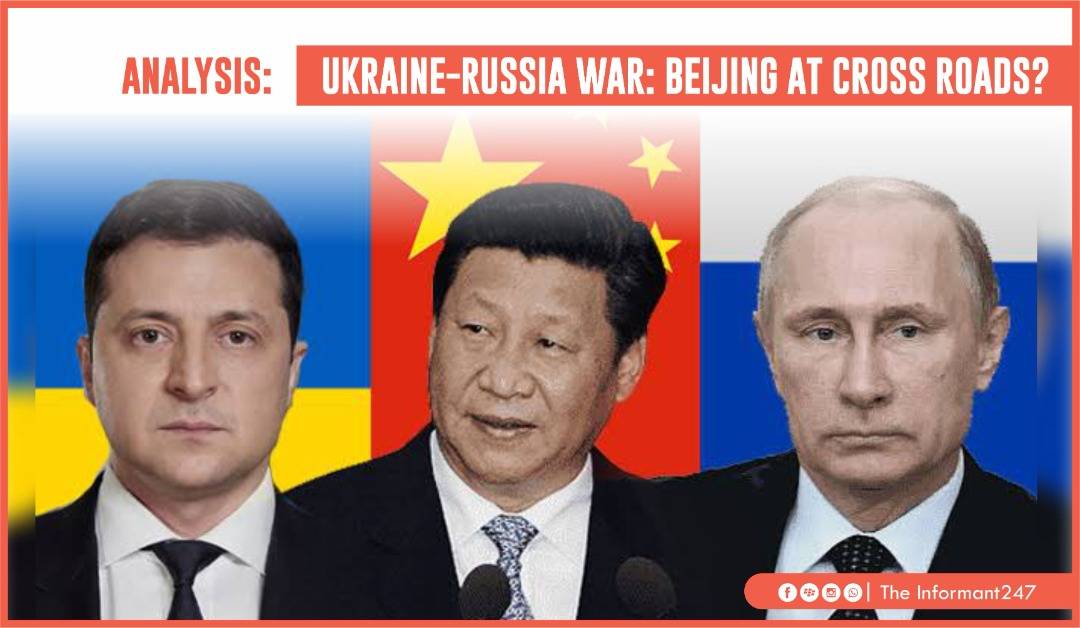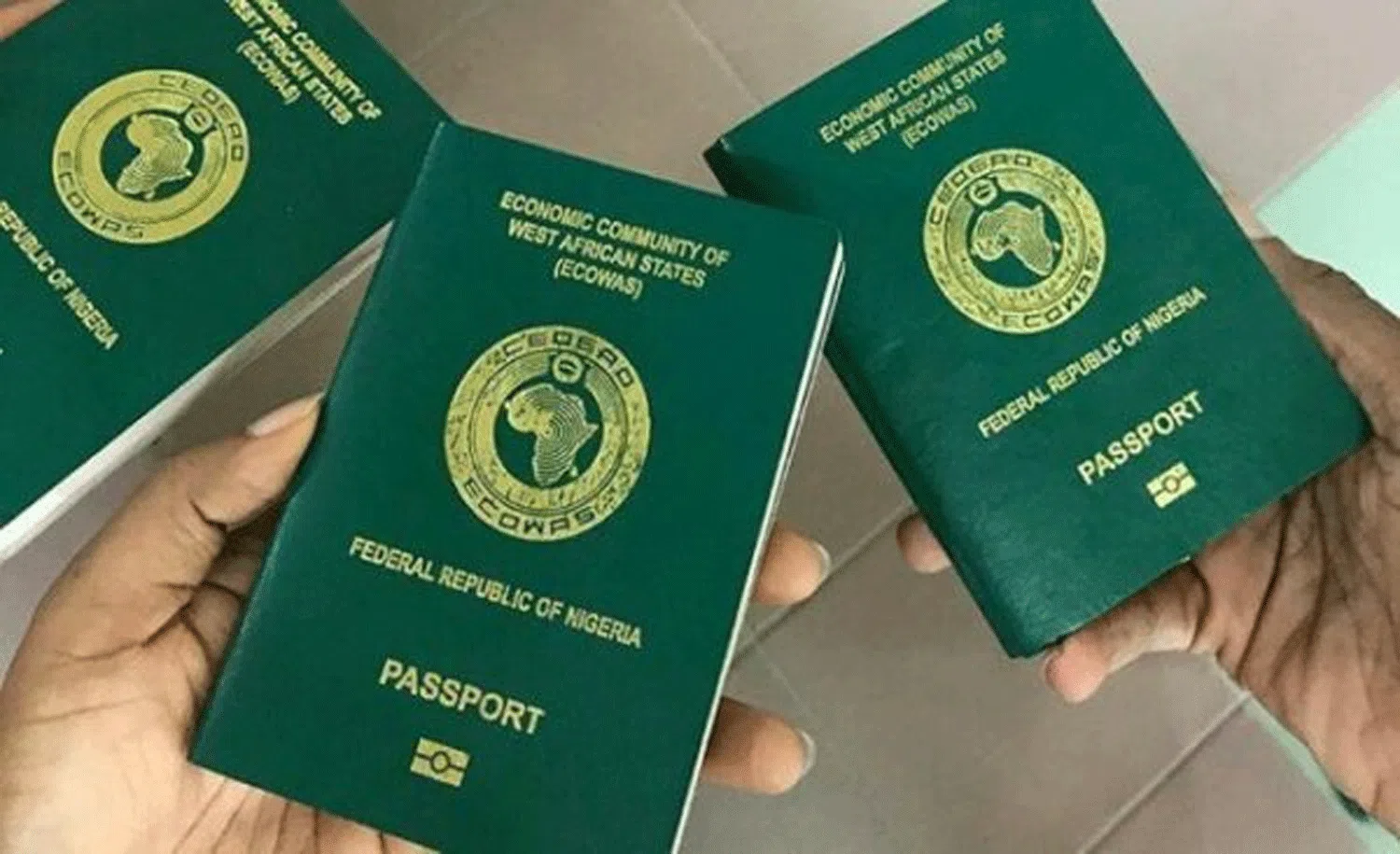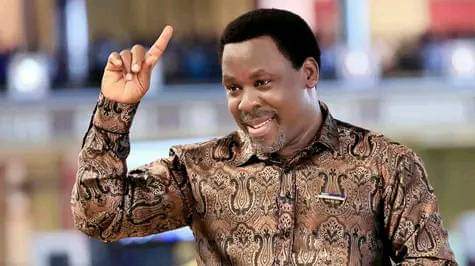The successful hosting of the 2022 Olympic and Paralympic Winter Games by Beijing, a world power, consolidate its position as an indispensable state actor in international affairs. A one-party state led by the Chinese Communist Party (CPP), its economic strength is of high-importance and one of great global reckoning.
Chinese President Xi Jinping in a speech delivered during the review and awards ceremony of the Winter Games held not quite long on April 8, voiced the significance of hosting the international multi-sport event by Beijing in fostering world peace and inter alia he said: “The success of the Games has prompted exchanges between cultures, and played a key role in promoting solidarity, co-operation and joint efforts to overcome difficulties globally. It has also brought confidence and hope in a world overshadowed by instability, and sent the world a message of our times – Together for a Shared Future.”
Doubtlessly, every action and inaction of the Communist entity dictates the course of events in a world of high-integrative state relations and it is a key global state actor towards ensuring a peaceful resolution of the Ukraine-Russia military conflict. The economic heavyweight clearly, is caught up between Moscow, its closest ally and Kyiv, an invaluable component to its ascendance as a global economic power.
Significantly, the Belt and Road Initiative – a global infrastructure investment project initiated in 2013 by the Xi Jinping led Chinese government to connect Beijing to other parts of the world remains up and running with over 135 state actors on board in strategic partnership. Notably, both Moscow and Kyiv are signatories to the multi-billion dollar project and Beijing maintains close economic relations with the pair. As the current geopolitical situation in Europe between Kyiv and Moscow intensifies by the day, Beijing appears not playing fast and loose towards conflict resolution.
The biggest ally of Ukraine in the conflict thus far is the United States and President Joe Biden in a video conversation which he had with his Chinese counterpart President Xi Jinping few weeks back cautioned Beijing to hands-off aiding the Russian Federation; a stance reiterated by the US and its western allies in the NATO summit held in Brussels in March, 2022. “China must abstain from supporting this war in any way” – a joint and direct statement rolled out by the NATO leaders in attendance.
Emphatically, Beijing in its very nature is shielding itself from a diplomatic blowback by not taking extreme position but rather places itself in a position which it asserts to be “on the right side of history” and calls for a dovish approach towards ending the conflict while maintaining an anti-West ideology in which the United States lies at the heart of it all.
So far so good choice of words by top Chinese foreign agents as to describing the inter-state conflict between the “Slavic brothers” is highly diplomatically wired.
Evidently, Beijing is not coming all-out to clearly state a supportive stance, either pro-West or pro-Moscow. It sees itself as a diplomatic solution to the conflict; in the position to act as a global mediator. Beijing appears to be at crossroads and pitching tent in strategic support of either side in any form whatsoever proves huge.
But if the worst-case scenario comes blasting at its face key players in the business of global politics interestingly, would be curious to know the path Beijing would thread. Is China likely to back the wrong horse?
Sino-western relations in recent times have been overshadowed by discordance on a sheer number of issues. Far from resolution, a down-shift in diplomatic contact hits up every now and then.
Apparently, the People’s Republic of China (PRC) ranks low in the record books of Western nations on a wide-range of issues which are largely centered on its internal policies with regard to human rights and other democratic principles. Western governments such as Ottawa and Berlin and others who strongly support Kyiv are at loggerheads with China. Beijing has been accused of committing genocide against the Uyghurs in Xinjiang, industrial-scale human rights abuses in Tibet and its crackdown on pro-democratic protesters in Hong Kong.
In the mix of these uneasy Sino-western relations, the United States remains at the epicentre with the recent diplomatic boycott of the Winter Games held in Beijing by Washington and a number of its allies which included London, a permanent member of the UN Security Council. In concert with the European Union (EU) and its anti-Beijing allies in the Indo-Pacific region, Washington acts and remains at the fore of pinning Russia against the wall by imposing heavy sanctions on Moscow.

Human rights abuses and atrocities in Xinjiang strongly cited by the United States as reasons for its diplomatic boycott of the Winter Games are consistently rejected by the Chinese government.
“The so-called genocide and crimes against humanity are blatantly sensational and false propositions”. Hua Chunying, a spokesperson of the Chinese Foreign Ministry said.
Relations between both powers are deteriorating to the lowest point and differences are evident in their foreign affairs with Tehran and Pyongyang. Washington a supposed ‘Messiah’ of Kyiv is a ‘Devil’ to Beijing, which remains its topmost critic on human rights. Kyiv is most likely to create further wedge between both powers if things spiral out of control.

It is crystal clear that complex relations exist between Washington and Beijing on a number of sensitive issues right from the UN Security Council to recurrent military rivalry in the Indo-Pacific region. Throwing its weight in support of the US-led NATO stance in Ukraine is a move the leaders of Beijing would love to give a second thought – an off the table consideration from all angles.
Brewing in the long-running conflicting interest is AUKUS, which is worthy of note. The trilateral security partnership signed by Canberra, London and Washington in September 2021 is largely viewed by Beijing as precarious to its rise as a global economic power. That aside, the trade war between both state actors remains on the table of talks, far from a win-win resolution.
Zhao Lijian, Chinese Foreign Ministry Spokesman, while reacting to the United States military operations in the South-China Sea said: “The US is indeed a troublemaker that undermines regional peace and stability”. Rationally, China is clear on its position in the military conflict between Ukraine and Russia and labels the US-led NATO expansion over the years as “Cold-War mentality” and basis for the conflict.
Logically, aligning with the West in Ukraine has the capability of playing down Beijing’s position on a number of sensitive global issues of which Taiwan ranks high. The One-China policy, a fundamental aspect of Chinese diplomatic relations in which it convincingly sees the self-ruled Island of Taiwan as an extension of its territory is subject to diverse interpretations as Taipei reject such claims.

In this regional rift comes Washington which provides military support to Taiwan in a bid to wade-off the perceived military threat of China over the Island. The military relations shared by the Taiwan and Washington, its closest ally, poses serious threat to the leadership of Beijing.
The self-ruled island of Taiwan is seen as the last remaining missing piece that has to be re-integrated into mainland China. President Xi Jinping is noted to have said: “The separation of Taiwan is the biggest obstacle to the reunification of the motherland and a serious hidden danger to national rejuvenation.”
Seemingly, as Kyiv is of cultural and strategic importance to Moscow, so also is Taiwan to Beijing, and it leaders would not love to shoot themselves in the leg by taking a boomeranging action. If the world is stretched to breaking point relations shared between Beijing and Kyiv might take a U-turn. Pitching tents with Moscow is also bound to inflame the conflict and lure China into a fight which is off its agenda not only for the year but also for a long period of time. Well, if everything goes hay wire, President Xi Jinping is up to the mark to take the right steps in the best interest of his country.
Permanently seated and united at the UN Security Council, Beijing and Moscow are best of allies on a wide-range of political and economic themes. Both nations share an anti-West ideology and are increasingly at odds with western powers.
President Xi Jinping of China and Vladimir Putin his Russian counterpart now in their late sixties are best of pals. The two world leaders both sidelined the COP 26, Climate Summit held at Glasgow, Scotland between 31 October – 13 November 2021 – a gathering which featured other Western leaders and key stakeholders on climate change. Moscow and Beijing pursues strategic partnership in trade, military and geo-political issues and increasingly, Sino-Russian relations forges ahead in good spirit.
President Putin’s visit to Beijing in the run-up to the 2022 Winter Games in a face-to-face meeting with his Chinese ally Xi Jinping, spell out the level of shared diplomatic intercourse between both state actors. With an issuance of a 5,000-word statement both leaders re-affirmed and set their limitless relationship on a greater course.

The Belt and Road Initiative (BRI) receives the robust support of Moscow. To President Putin aligning his Eurasian Vision to the BRI is a matter of co-operation rather than competition. A declining Russian economy is most likely to have a downturn effect on the economic strength of Beijing; a fact clearly understood by its leaders. The gas deal worth $400 billion US dollars signed in 2014 between both powers is on the rise, as Russia increases its supply of natural gas to China.
Now overtaking Tehran as the most sanctioned country in the world, Moscow possibly would in the long-run turn East for greater Chinese support, and the West is clear on its stance against any readiness on the part of Beijing to aid the Russians. It is left to be seen how long Chinese neutrality will keep up; the popular saying “a friend in need is a friend indeed” hangs on.
Reiterating, the Belt and Road Initiative forms the centerpiece of the Xi Jinping led Chinese government. Both Kyiv and Moscow are connected to that vision and Beijing would in its best interest maintain its friendly relationship with Ukraine while forging a strong partnership with Russia.
By and large, an interruption in its economic ascendancy is one Beijing would do whatever it takes to avoid and keep the trail blazing. If the world walks into a hawkish situation the economic strength of Beijing is sure to lose weight.
At the moment, the Chinese are convinced to be on the right side of history. But without any contradiction if the worst case scenario presents itself, the Xi Jinping led Chinese government knows where to cast his lot.
Follow Russia-Ukraine Crisis on The Informant247 Naija News Today.



